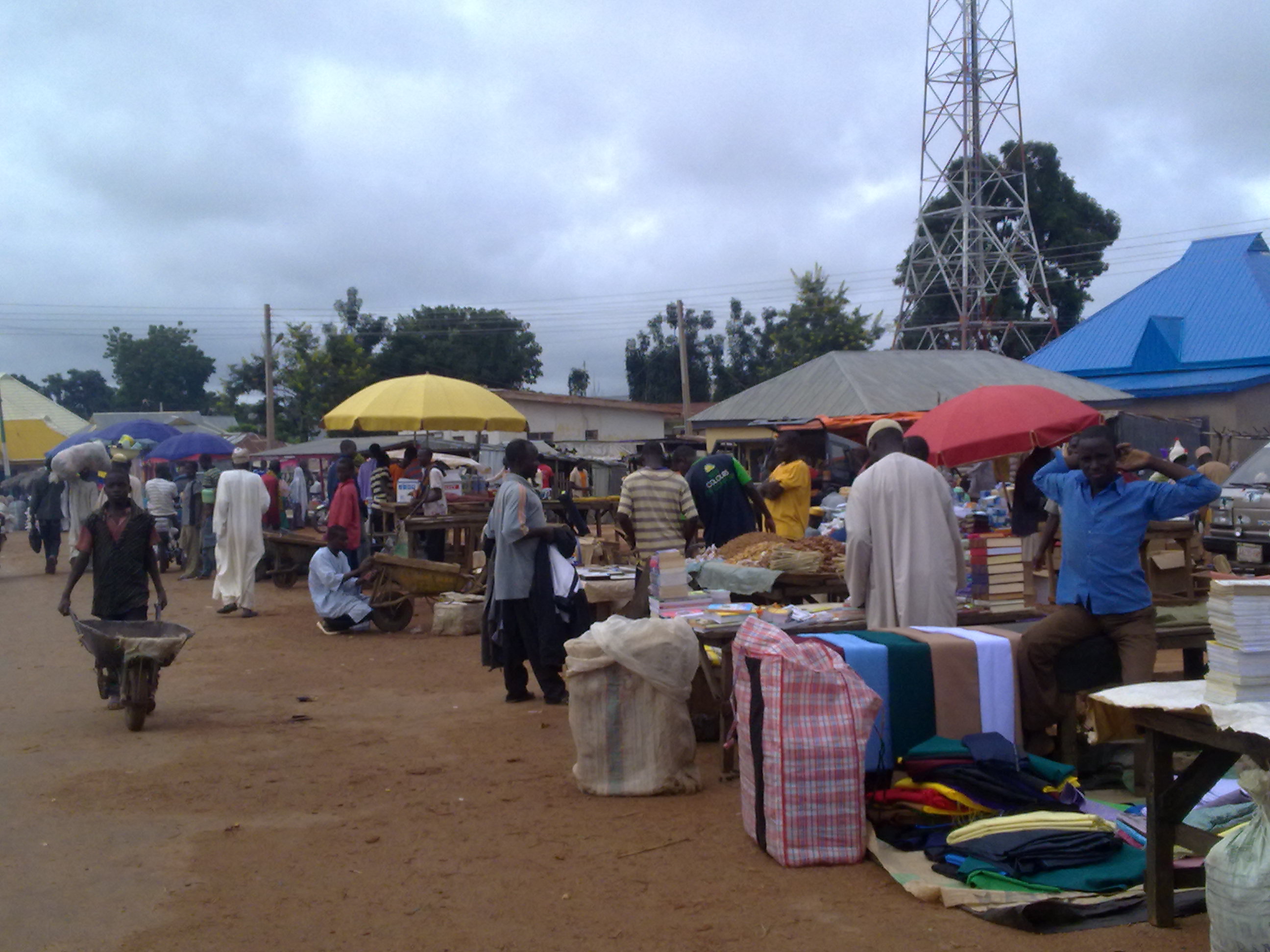David Rowan, editor of Wired‘s UK version, takes a tour of Africa and is stunned by the rapid proliferation of technologies the West takes for granted but have only recently taken hold on the continent:
You need only to look at the map of huge broadband fibre-optic cables currently being laid on both east and west coasts, from Djibouti to Dakar, to understand how quickly and ambitiously an entire continent is being connected. It’s like being back in 1995 again, and realising there might just be a market for an online bookshop or auction website.
Don’t take my word for it: David Cameron is so keen to give British entrepreneurs a foothold that he recently took a delegation of CEOs to Nigeria and South Africa to highlight “one of the greatest economic opportunities on the planet”.
The trip - featuring the bosses of firms such as Barclays and the Royal Mint, Vodafone and Virgin Atlantic - was hailed by Downing Street as “an historic visit to a continent with a trillion-dollar economy and the potential, according to the IMF, to grow faster than Brazil over the next five years”.
Much of that growth will come from startups that bring the mobile internet to businesses and consumers who have until now been offline. That’s why Cameron’s team invited along the British founders of red-hot mobile-money business Monitise, a clever text-messaging system called Frontline SMS - and your own Digital Life columnist with his trusty notebook.
Rowan goes on to discuss the importance of e-commerce and the role our startup, SlimTrader, is playing in Africa’s economic development.
